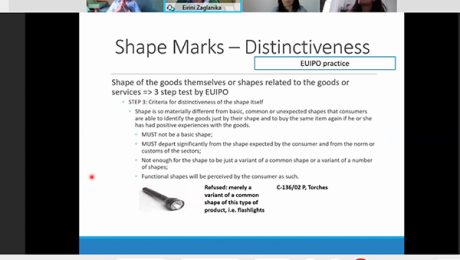Webinar EU Trademarks Law
- Published in Events
Živković Samardžić is representing YANDEX under the Serbian Data Protection Act
- Published in Firm News
What does the draft Law on Digital Assets bring?
- Published in Client Updates
Esports and the very long arm of the law
The biggest issues facing professional players in the Republic of Serbia Esports, for the uninitiated, are multiplayer video games played competitively for spectators, currently the most famous examples include Dota 2, Counter-Strike GO, LoL, Fornite, Overwatch and World of Tanks. In the recent years the Esport scene has slowly abandoned the premises of internet cafes
- Published in Insights
Market Conduct Regulation in Serbian Insurance Sector
What is market conduct regulation? Market conduct is second pillar of ongoing regulatory reform in the EU insurance law. While the “macro-economic” quantitative and qualitative prudential requirements are addressed through the rules established by the Solvency II directive, the “micro-economic” conduct risks are addressed through rules established by the Insurance Distribution Directive. Market conduct regulation
- Published in Insights
Between the waves
An overview of the real estate sector in Serbia As the summer period of 2020 quickly draws to a close, the uncertainty of autumn and the prospect of a second wave of COVID-19 outbreak gives rise to the necessity of ascertaining the current situation of the real estate sector and the projections for its possible
- Published in Insights
Živković Samardžić Advises APIS Assay Technologies Ltd on Serbian Aspects of Acquisition of BeoGenomics
- Published in Deals and Cases
The Decree on replacement travels – protection for passengers or travel agencies
On April 30th, the Ministry of Trade, Tourism and Telecommunications announced on its website that on that day’s session the Government of the Republic of Serbia adopted the Decree on the offer of a replacement travel for tourist travel which was canceled or not realized due to the COVID-19 virus. As stated on the website
- Published in Insights
Živković Samardžić Advises Sizmek on Serbian Aspects of Business Acquisition by Amazon
- Published in Deals and Cases
Živković Samardžić Advises B92 on the Transformation of a Joint Stock Company into a Limited Liability Company
- Published in Deals and Cases









